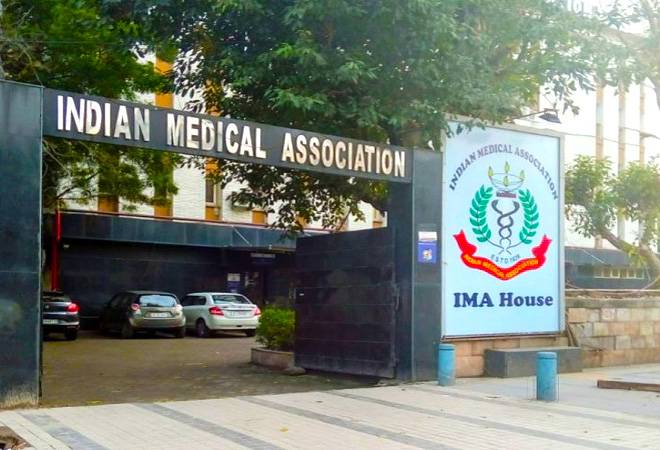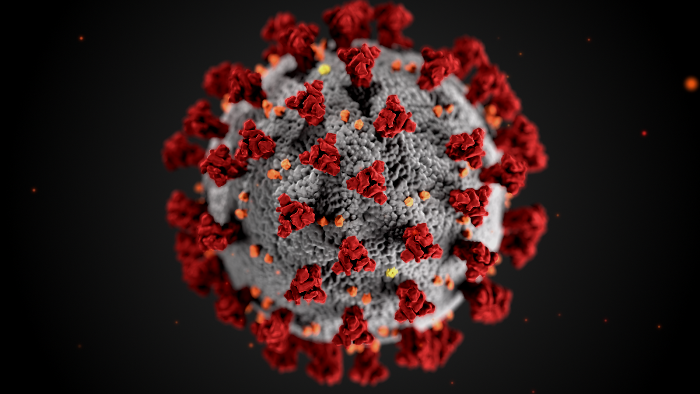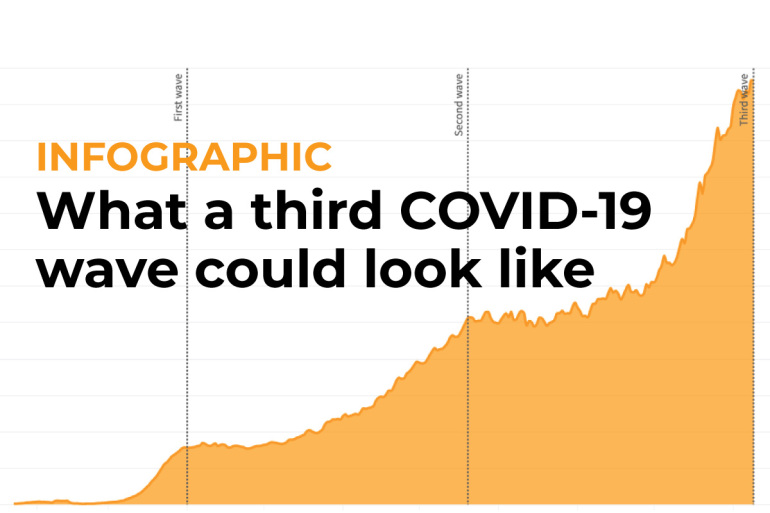Indian Medical Association (IMA) has written a letter to the GOI. In the letter, the body appealed to the governments to not lower the guard against Covid-19. The letter also mentioned that the country is only walking out of the second wave of the pandemic.
Experts stated that the global evidence and history of pandemics show that the third wave is inevitable and imminent. They added that the only way to mitigate its impact is by following Covid appropriate behaviour and opting for vaccination. The IMA-letter goes on to say that it is painful to note that in many parts of the country, both the government and public are complacent and engaged in mass gatherings without following Covid protocols. The letter further mentioned about tourist bonanzas, pilgrimage travels and religious fervour. It stated that tourism, pilgrim-travels and religious gatherings can wait for a few more months.
Also See: Are Covid vaccines magnetic? Facts you should know related to coronavirus
Doctors warned that opening spaces and enabling people without vaccination to be part of these mass gatherings, are potential super-spreaders for the Covid third wave. They also added that it is the duty of everyone in their respective states to strictly enforce Covid appropriate behaviour for a minimum of three more months more. They further added that it must be ensured that eligible people are vaccinated and measures should be taken to control any mass gathering.
On the past experiences with Covid19, the association said, “But the past experience of last one and half years with the virus and based on the emerging evidences it is obvious with making the universal vaccination reach maximum possible population and strictly adopting to Covid appropriate behaviours we can face the third wave with confidence and mitigate its impact.”
It was also reported that IMA president-Dr JA Jayalal also appealed to the central government to not allow residents to celebrate any kind of festivals amid the Covid-19 crisis. Jayalal said, “Holding any festival is not advisable as it can be dangerous. IMA requests the government to reconsider their decision regarding any kind of mass gatherings.”
Also See: New mutants of Coronavirus
The statement by the doctors’ association came on the same day when the annual religious procession of Rath Yatra began in Odisha’s Puri city. On the safe side, the religious Yatra was held without the participation of devotees. In the Yatra of Lord Jagannath, only fully-vaccinated temple officials or those who test negative for the coronavirus disease 48 hours before the festival were allowed to pull the chariots of the troika of dieties (Jagannath, Balram, Subhadraa).
Warning on Third wave
In early July, experts had stated that the third wave can strike somewhere near October. Prof Manindra Agrawal also predicted that the third wave can hit a peak in the time-frame of October-November.
A government panel was tasked with modelling the cases of Covid19 in India. Prof. Agrawal is working on the Sutra Model, which is a mathematical projection of the Covid19 trajectory. The panel has been working on prediction of the behaviour of the virus. Prof. Agrawal had said that the third wave will see half the daily cases seen during the second surge.
Last year, Department of science and technology had formed the panel to forecast the surge in Coronavirus cases using mathematical models.
Other members of the panel are M Vidyasagar, a scientist from IIT-Hyderabad, and Lt General Madhuri Kanitkar, Deputy Chief (medical) of Integrated defence staff.
Prof. Agrawal, however, cautioned that emergence of a new strain can fasten the spread during the third wave.
Also Read: When can the peak of third wave of Covid19 arrive in India?
In one of his tweets, Prof Agrawal highlighted that the panel has mapped out three scenarios-optimistic, intermediate and pessimistic. The optimistic scenario is that the life gets back to normal by August and there is no emergence of new strain. The intermediate scenario is that vaccination is 20% less effective in addition to the optimistic scenario’s assumptions. The pessimistic scenario includes that there is an emergence of a 25% more infectious strain in August. He highlighted that the mutant strain he was referring to, is not delta+ (which is not more infectious than delta).
Also Read: Pre-print study of hospitalisations points out 40% increase in mortality of Covid19 patients
In a statement, Prof. Agrawal had posted the bottomline, “If there is no significantly faster spreading mutant, third wave will be a ripple. And if there is such a mutant, the third wave will be comparable to the first one. However, if there is an immunity-escaped mutant, all of the above scenarios will be invalid!”
The panel was in the centre of a debate- storm when it failed to predict the second wave of Covid19 that ravaged through the country in April and May.




